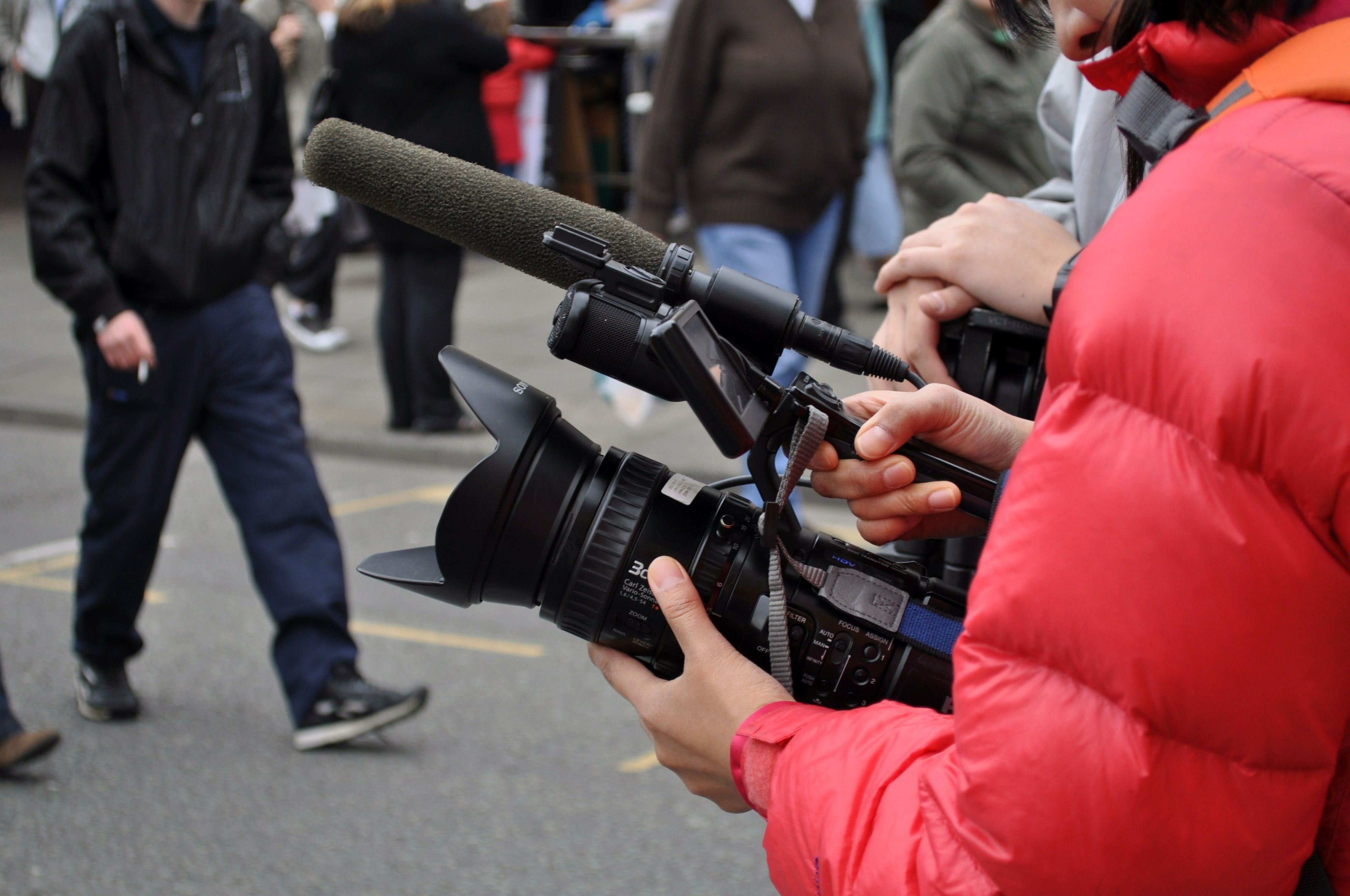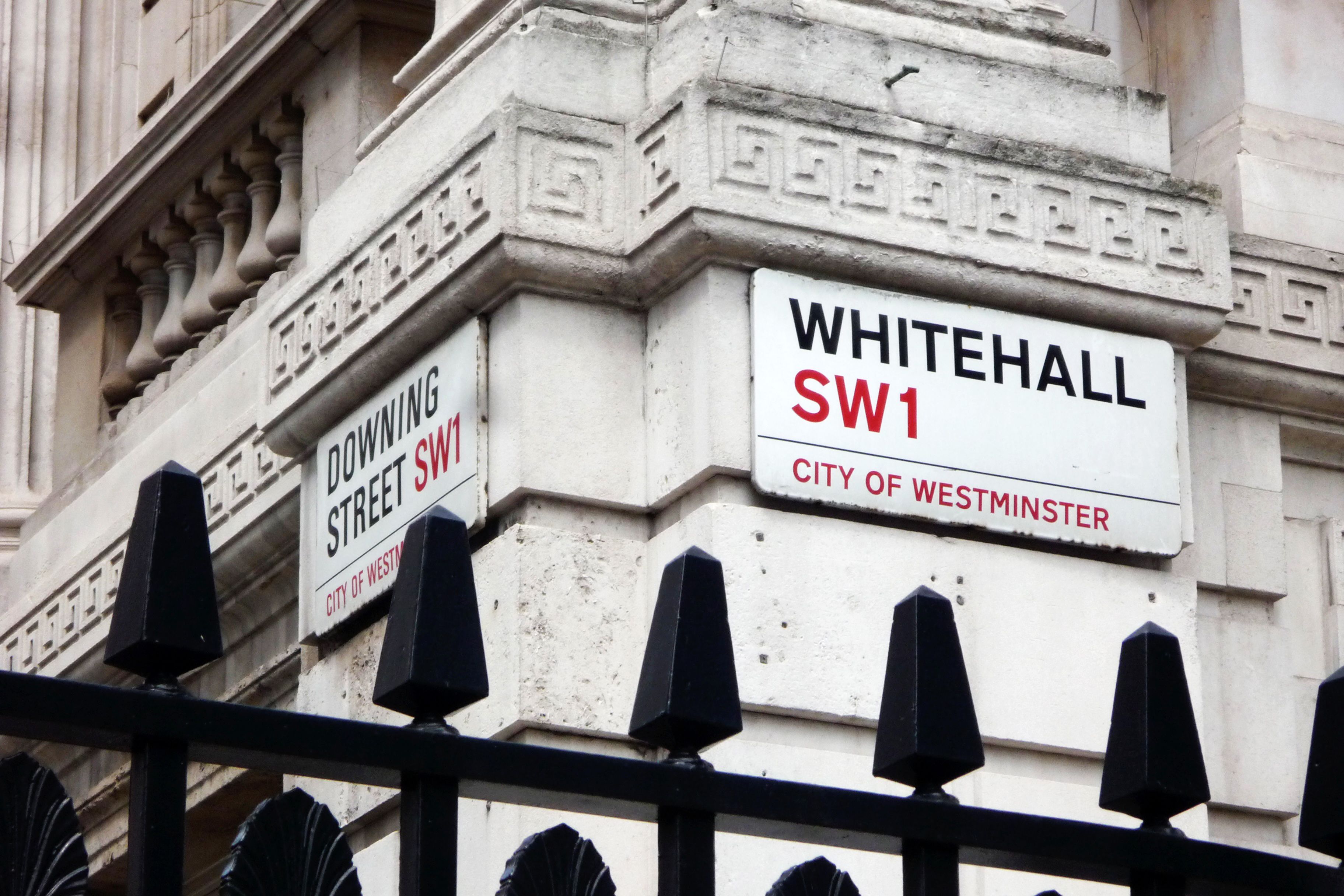The UK news sector faces huge challenges.
How can we support the future of news without undermining media independence?

The future of news matters. An informed society with a shared understanding of facts is vital, but not inevitable. Many indicators about the future of news are not encouraging.
Trust in news has fallen by 15 percentage points since 2015. The number of people interested in news fell by 32 percent over the same period.AI is starting to change the way people search the internet and reshape the concept of authoritative information.
Not all change is bad and some audiences are better served than ever before. But many people are turning away from ‘mainstream’ providers; some are embracing dubious online sources.
Our inquiry left us with no illusions about the stakes: the period of having informed citizens with a shared understanding of facts is not inevitable and may not endure.
Here are five key challenges around the future of news that need to be addressed.
1. Local news faces long term decline

Local news lost 70% of its advertising income between 2010-2020. Many sources of income are still falling and will not return.
News deserts have been growing.
Local TV also faces major challenges, and many local radio outlets have reportedly become more centralised too.
Support local media: tax breaks for hiring local journalists, training schemes and an expanded Local Democracy Reporting Service would all help local newsroom finances without creating undue distortions.

2. The role of technology

The pace of technological advances means tech platforms are playing an unprecedented role in news.
Generative AI is enabling them to create news summaries, handing tech platforms extensive influence over the types of news we see. Some media firms will do well from these developments, but many will see further declines to their revenue and prominence.
Tech platforms’ longstanding role in managing people’s access to the online world remains another complex challenge.
The Government must update legislation to ensure news providers have proper copyright protections and empower them to strike mutually beneficial deals with AI firms. The Competition and Markets Authority should investigate allegations of big tech firms exploiting their dominant position to obtain AI training data.

3. A 'two tier' media environment

The risk of a 'two tier' media environment is a particular concern, as the gap grows between those who access professionally produced news, and those who don't .
Some large newspapers, broadcasters and online providers have a viable financial future. Lots of smaller ones do too. But many mass market news outlets and local providers face huge challenges.
This suggests a shrinking minority of news enthusiasts will be well catered for (particularly those prepared to pay), while a growing proportion of people find it increasingly difficult to access professionally created news.
As these trends continue, there is a realistic risk of the UK’s media environment fracturing within the next 5-10 years along social, economic and regional lines.
Media organisations will need to inovate and take more risks to transition to long-term sustainable business models. We're calling for a Future News catalyst scheme to help media organisations experiment with technology and reach audiences in different ways.

4. The role of regulated broadcasters

The UK’s regulated broadcasters play an ‘anchoring’ role in our media market .
Our public service broadcasters (like the BBC) have particular responsibilities to serve all audiences. Though challenges persist: some research shows lower socio-economic groups feel “criticised or caricatured” rather than authentically reflected.
Providing a healthy diversity of viewpoints is key, especially as new broadcasters (like GB News) enter the market.
We found that the UK’s broadcasting market will only thrive if there is healthy competition, a focus on serving all audiences and respect for the rules. New broadcasters like GB News provide an alternative offer. They need to comply with the spirit of the rules, not stretch them to breaking point. Public service broadcasters, for their part, should reflect on why alternative providers are finding a following and how this relates to the way underserved communities are represented in their own news coverage.

5. Striking a balance

The Government needs to strike a balance on supporting UK news media.
If it does too much, it risks overreaching and creating market distortions. If it does too little, it risks letting the sector decay. Balance is key.
Witnesses to our inquiry told us it should avoid things like defining quality news or picking winners in ailing markets.
The Government must establish the conditions that enable UK media to stand on its own feet and ensure that public service broadcasters are able to thrive. It should focus on sector-wide structural changes which drive innovation while maintaining media independence. Any interventions must also work with market trends, not create artificial demand.

What happens now?
We have made our recommendations to the Government and it has two months to respond to our report.
Read the full report on our website.
Read the responses to our report from the Government, from the Competition and Markets Authority and from OfCom.
Find out more about our inquiry and our committee.
Follow the committee @LordsCommsCom
Cover image credit: Andrey Popov - stock.adobe.com